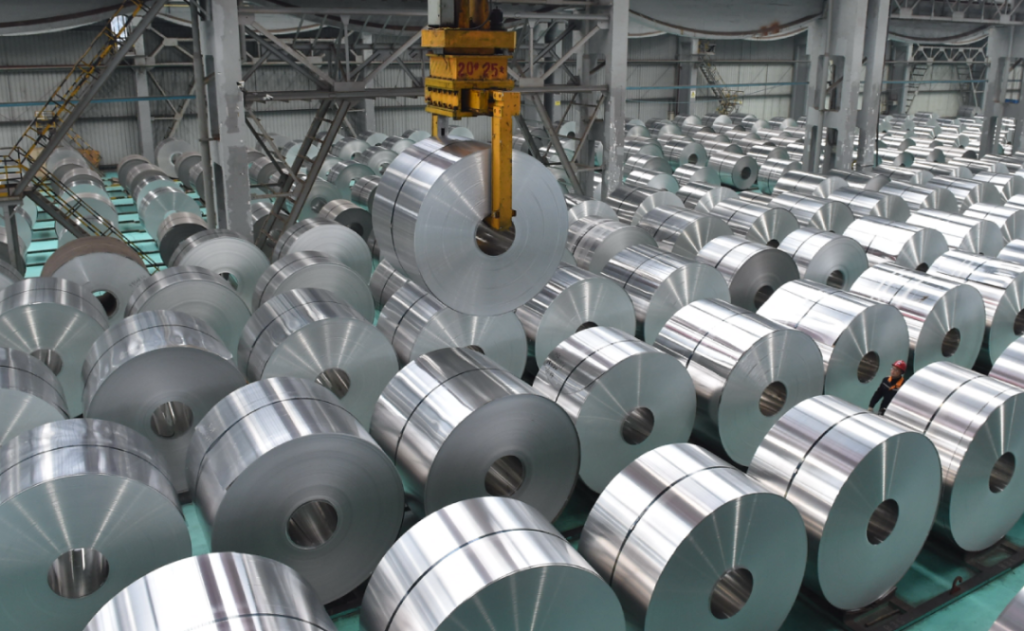Introduction
The United States’ announcement of a “significant” package of sanctions against Russia marks a pivotal moment for the global aluminum market. President Joe Biden’s administration, aiming to target Russia’s defense, industrial base, and economic revenue sources, leaves a cloud of uncertainty over one of the world’s largest aluminum producers, Rusal.
Background Information
Aluminum, known for its lightweight, durability, and conductivity, is indispensable across various industries, from automotive to packaging. Russia’s dominant role, particularly through Rusal, in the global aluminum supply chain, underscores the potential global repercussions of these sanctions.
Impact of Sanctions on Russian Aluminum Industry
The imposition of a 200% tariff on aluminum imports from Russia by the United States, alongside the EU’s sanctions and the confiscation of assets, has put Rusal in a precarious position. According to Rusal’s 2023 semi-annual report, there was a notable decline in operating income and net profit, with slight fluctuations in production output. These financial strains reflect the broader challenges facing the Russian aluminum industry under the weight of international sanctions.
Global Market Reactions and Adjustments
The sanctions have catalyzed a significant shift in global aluminum trade flows. As sanctions constrict Rusal’s access to European and American markets, there’s a noticeable pivot towards Asia, potentially leading to an oversupply in the region. This realignment raises concerns about supply shortages in the West, further complicating the global aluminum supply chain.
Strategic Responses by Industry Players
In response to these market shifts, companies and countries are exploring strategic alternatives. Diversification of supply sources, investment in domestic production, and the pursuit of sustainable and innovative aluminum production methods are among the strategies being considered to navigate the sanctions’ impact.
Conclusion
The sanctions against Russia have undeniably sent ripples through the global aluminum market, affecting everything from production to trade flows. As the industry grapples with these challenges, the resilience and adaptability of market players will be critical in shaping the future landscape of global aluminum trade.
This analysis offers a glimpse into the complexities of the global aluminum market amidst geopolitical tensions, highlighting the need for strategic foresight and collaboration among industry stakeholders to ensure stability and growth in uncertain times.

